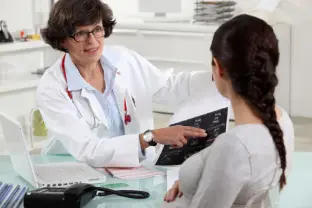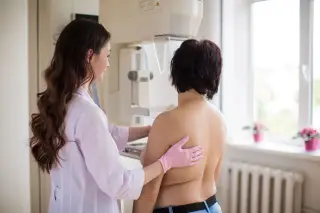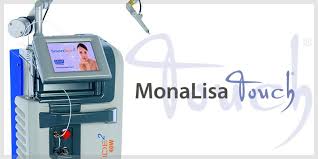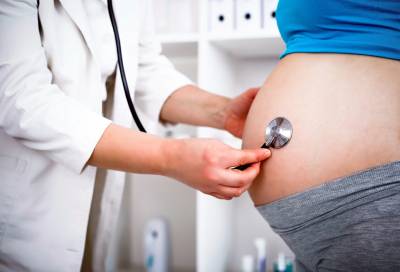Osteoporosis
Osteoporosis Q & A
What is osteoporosis?
The term osteoporosis means “porous bone.” You’re diagnosed with the condition when you lose too much bone and/or make too little bone. Bones that are osteoporotic are weak and frail. They can break with a minor fall, often putting you in the hospital. Broken osteoporotic bones are slow to heal, potentially leading to long-term dysfunction.
What are the symptoms of osteoporosis?
Osteoporosis doesn’t have outward symptoms. Often, women don’t know they have the condition until they suffer a broken bone — from a strain or, in serious cases, a sneeze or minor bump.
As women move through menopause and produce less estrogen, the bones become more vulnerable to osteoporosis. Your bone density peaks around age 30 and then you steadily lose bone mass. Weight-bearing exercise, such as hiking, strength training, and dancing, helps keep bones strong, however.
If you have a family history of osteoporosis or a thin frame, smoke and drink alcohol, or have diseases such as rheumatoid arthritis, you’re at a greater risk of the disease.
How is osteoporosis diagnosed?
The team at The Women’s Center can check your bone strength through a bone mineral density test that is painless and done via a special type of X-ray. The test lets your doctor know if you’re at risk of breaking a bone or if treatments you’re undergoing for osteoporosis are helping to make your bones stronger.
What are the treatments for osteoporosis?
Improving your diet to include plenty of calcium and vitamin D, which support healthy bones, can help protect you from osteoporosis. Your doctor at The Women’s Center can also help you devise an exercise plan that supports bone strength. In many cases, they also prescribe medications that help build bone and reduce the rate at which bones break down.
Your doctor may also discuss hormone therapy to help prevent or decrease the increased rate of bone loss that accompanies menopause.
Call The Women’s Center Hunter’s Creek office today to learn how you can prevent osteoporosis or slow its progression.
These screenings are scheduled by the practice at the Hunter’s Creek location
We Provide You With The Best Services
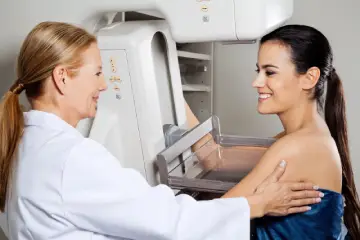
Mammogram
Learn
More
Routine mammograms are the best way to find breast cancer early when it’s most treatable. The expert OB/GYN team at...
